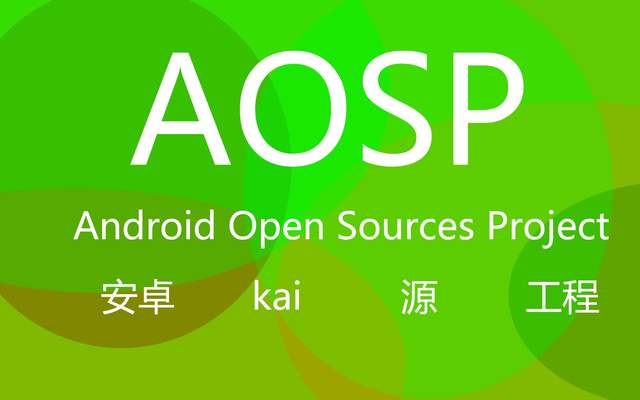Android to Shift Focus? Google Affirms Open-Source Commitment Amidst Rumors
![]() 03/31 2025
03/31 2025
![]() 581
581
In recent days, rumors about 'Android becoming closed-source' have been widespread, causing much concern.
To clarify, Android comprises two primary projects: the publicly accessible AOSP (Android Open Source Project) branch and Google's internal development branch, which includes Google Mobile Services (GMS).
AOSP is indeed open-source, allowing anyone to modify, distribute, and submit code to its public branch. 
Conversely, Google's internal branch, including GMS, is proprietary and restricted to companies with GMS license agreements.
Media reports have suggested that Google might make adjustments or discontinue the AOSP project, focusing solely on its internal Android development. This led many to fear that Android was becoming closed-source, sparking complaints, opposition, and lamentations over the decline of open-source spirit in Silicon Valley. They argue that Android's success is rooted in its open-source nature, and Google's move seemed to betray this principle.

However, Google has since denied these rumors in a letter to its Chinese partners, affirming its commitment to open-source and promising to continue releasing the latest code to AOSP.
Google clarified, "We are currently streamlining our internal workflows to simplify the Android development model, but we remain steadfast in our commitment to releasing the complete source code for all relevant platform projects in subsequent versions to AOSP."
So, what adjustments is Google planning, and what are their objectives?

The adjustments are centered around AOSP. As an open-source project, AOSP welcomes contributions from anyone, making it extensive and complex. Maintaining AOSP involves over 30 million lines of code, more than 200 parallel development branches, and global collaboration among thousands of developers, with operation and maintenance costs estimated at $830 million in 2024—a cost borne entirely by Google.
Moreover, updates to Google's internal system and AOSP are not synchronized, often leading to version conflicts and subsequent issues when merging changes.
Therefore, Google plans to adjust its AOSP maintenance strategy, moving away from real-time updates. Instead, Google will focus on developing its internal Android project, releasing major versions, and then submitting them to AOSP for public use. This approach reduces maintenance costs and minimizes code conflicts.
For most enterprises, this change has minimal impact. Companies with GMS agreements can continue using the internal version, while others can wait for Google's periodic AOSP updates.








